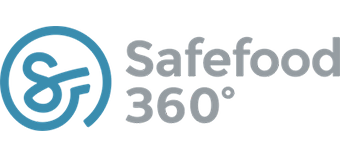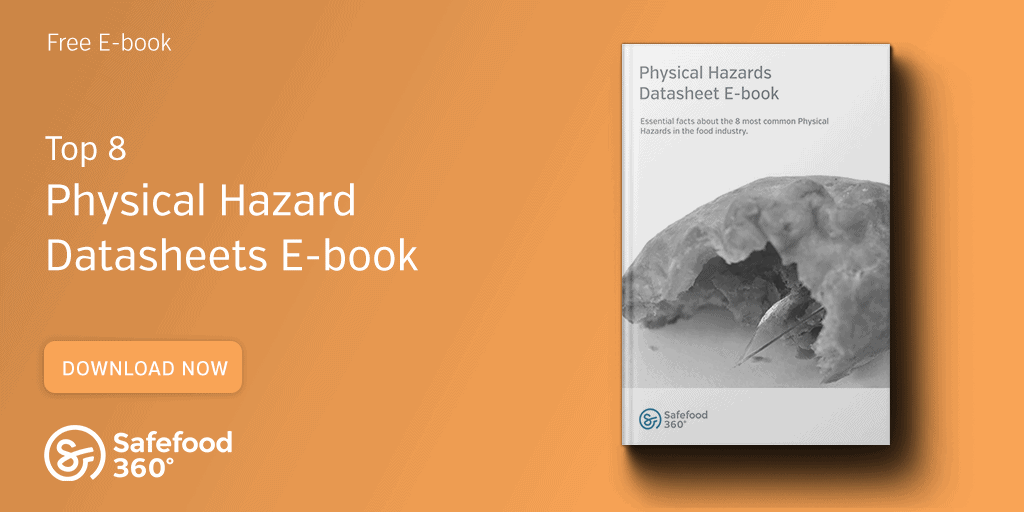December 2020 Food Safety News and Industry Round-up
Each month we deliver the industry round-up collecting the most significant events from around the world that are likely to affect our industry, food safety, and how we approach compliance.
Our preference is not to center attention during this segment on Safefood 360°, our customers, or indeed any individual business unless the event is significant and has wider ranging implications for the industry.
However, this month we end the year by starting with an exception, and lead with an important update concerning Safefood 360°, before focusing on other permanent moves in the global food industry regarding important updates from FDA, the UK FSA on meat shelf life, EFSA tools to reduce food waste, and many others.
Read on for more.
Safefood 360° acquired by LGC
Safefood 360° has been acquired by the LGC Group.
The LGC group is an international life sciences measurement and testing company whose products and services underpin the safety, health, and security of the public.
LGC provides services to customers in a variety of fields including food, environment, pharmaceuticals, diagnostics, academia, and more.
FDA Updates
Comments extended for Food Traceability Proposed Rule
The FDA has extended the comment period for its Proposed Rule for Food Traceability for certain periods.
Comments, which had closed in November are now extended to match the original proposal window and are being accepted until February 22, 2021.
FDA recalls up 34% despite record lows
Despite quarterly recall activity being at record level lows, the FDA has also reported an increase of 34% in recall activity during Q3 2020 compared to the previous quarter.
Undeclared allergens accounted for more than half of all recalls, with 1 specific incident accounting for 63% of all recalled products on a per-pound basis.
UK FSA change guidance on meat shelf life
The UK FSA has altered restrictions on the labeling of shelf life guidance for meat which will now allow food manufacturers and retailers to label meat in line with their existing food safety management systems.
The decision for an evidence-based regulation is a marked adjustment from the previous ‘one size fits all’ approach which specified packaged meat must have a shelf-life of 10 days.
The decision follows a public consultation conducted through October and November and is being implemented in conjunction with Food Standards Scotland.
EFSA releases free tool for use by/best before dates
The European Food Safety Authority has developed a free-to-use tool to assist food businesses when best to apply ‘use by’ and ‘best before’ dates to their product.
It is hoped that the tool should help decrease the total amount of food waste created each year as a result of date marking on products.
New York bans PFAS in food packaging
New York has become the third state to ban polyfluoroalkyl substances (PFAS) which have been widely used in food packaging and can be ingested once they come into contact with food.
New York’s decision to prohibit PFAS follows similar decisions in Washington and Maine, and a decision earlier in the year from the EFSA to set new consumption limits.
Campylobacter outbreak contained in Sweden
Swedish public health officials have ended their investigation into Campylobacter infections which had risen throughout the country since August.
The outbreak was attributed to Swedish broilers who were affected by Campylobacter-positive positive flocks but the number of humans affected has declined several since highs recorded in October and November.
In 2016 Sweden recorded its largest foodborne illness outbreak in more than 50 years, which was also attributed to poultry when some 5,000 people fell ill from August 2016 to May 2017.







Leave a Reply
Want to join the discussion?Feel free to contribute!